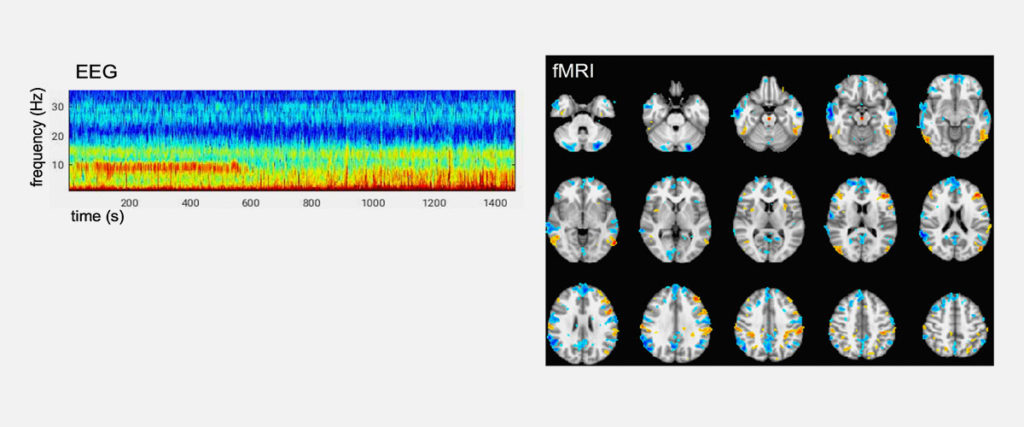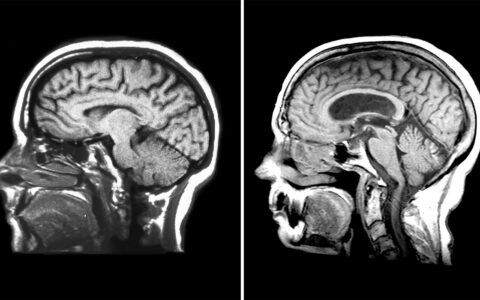Mesial temporal lobe epilepsy (mTLE) is the most common and most treatable form of epilepsy. Yet with 40 percent of patients medically refractory, only a very small percentage of potential candidates for surgical intervention are referred for evaluation. Recent findings have raised the stakes of inaction by showing that there is cognitive impairment from focal mTLE seizures as they happen repeatedly over time. Further, the observed deficits are characteristic of multiple lobe dysfunction.
Dario Englot, M.D., surgical director of epilepsy at Vanderbilt University Medical Center and Catie Chang, Ph.D., assistant professor at Vanderbilt University School of Engineering are embarking on a novel imaging study to characterize seizure-induced differences in functional brain connectivity of patients with epilepsy, with special attention on mTLE. The research could corroborate growing evidence that failure to treat mTLE has insidious effects on long-term cognitive, behavioral and emotional brain function.
“The longer patients have these seizures, the more they are altering widespread brain networks over time. Fortunately, when we treat the medically-refractory seizures with surgical ablation or resection, some of these networks may start to show improvements. Some of the changes, however, are likely to be permanent,” Englot said. “So time is of the essence.”
“The longer patients have these seizures, the more they are altering widespread brain networks over time. Time is of the essence.”
Long-term Deleterious Impact
Englot says there has been a practicing assumption that once a focal seizure subsides, brain function returns to normal. However, he postulates that mTLE seizures, which originate in the amygdala and hippocampus, penetrate into deep brain regions. This has broad effects on brain function, beyond just the temporal lobe. With repeated seizures over time, cognitive impairment characteristic of temporal, frontal, parietal and occipatal lobe dysfunction occurs.
Evidence is accruing that this creates cognitive, psychiatric and behavioral problems that interfere with activities of daily living, limit the ability to work, and affect interpersonal relationships.
Investigating the Impact of Repeat Seizures
Englot and Chang will be using EEG to track states of vigilance (defined as tonic alertness) in mTLE patients and healthy adults for comparison. Simultaneously, they will be using fMRI to reveal functional changes in the brain during different states of vigilance. They will also use written assessment instruments to compare behaviors and cognition between mTLE patients and healthy study participants.
“This approach enables us to see how brain activity is changing over time and across brain states. We can look at brainstem connectivity – the coordination of activity between brain regions, including subcortical areas important for alertness and cortical regions important for memory – and see how much it is altered in patients with epilepsy compared to controls,” Chang said.
Beyond the Temporal Lobe
Englot’s group was among the first to propose that repeated seizures over time may cause persistent problems in arousal networks and that these changes can impact multiple lobes and brain functions. “If these seizures were just a temporal lobe issue, we wouldn’t also see the problems we are seeing with executive function, cognitive processing speed and attention,” he said.
The findings could have implications for other neurological disorders. “On a larger scale, this study will advance our understanding of what keeps our brain awake, what influences our cognition, and how these different networks in the brain work together,” Englot said.






